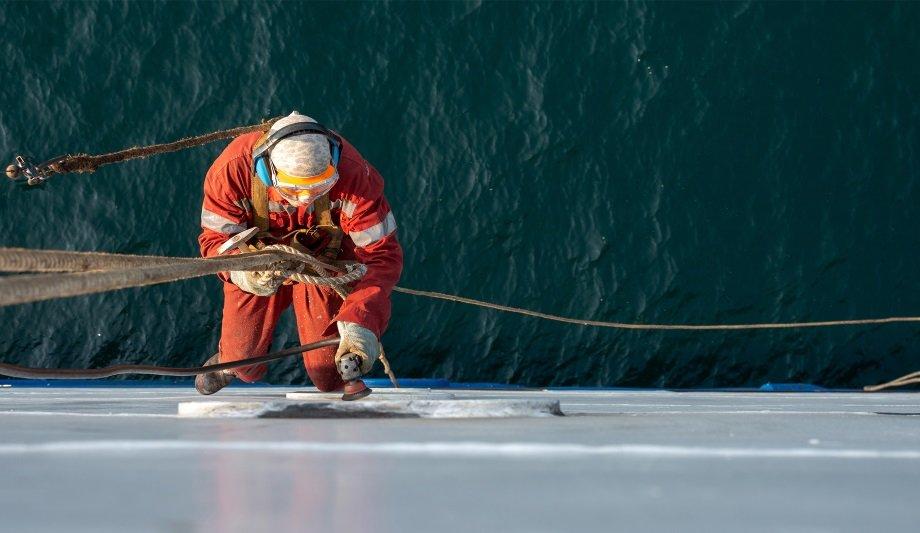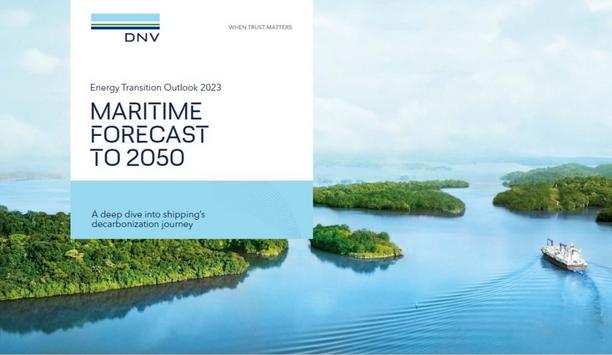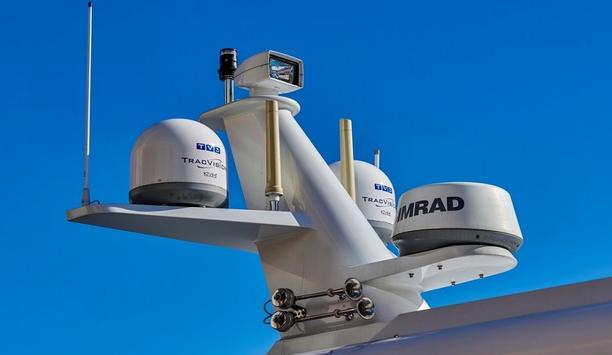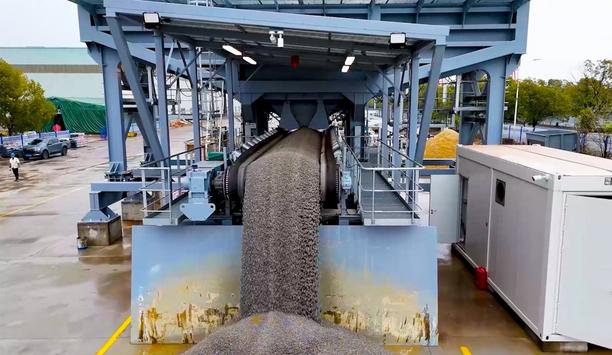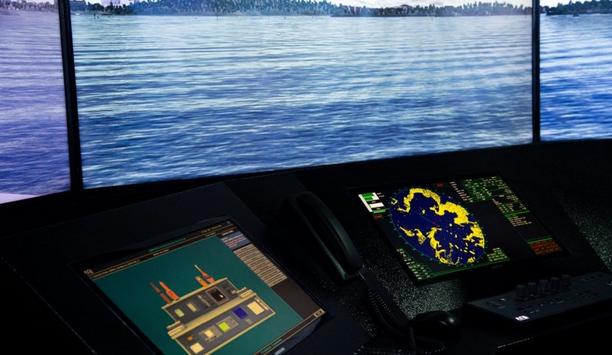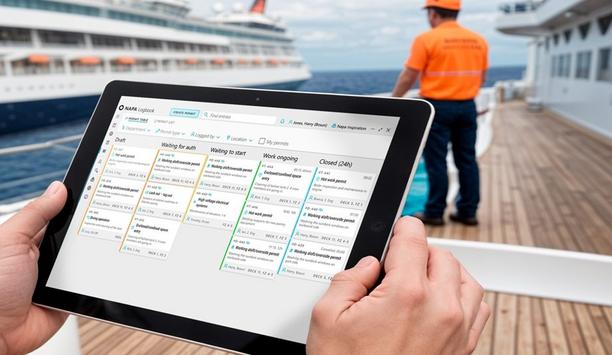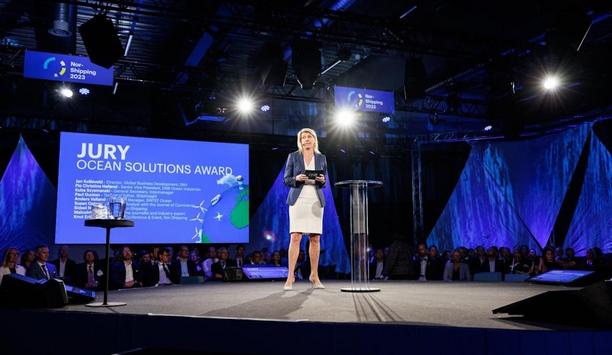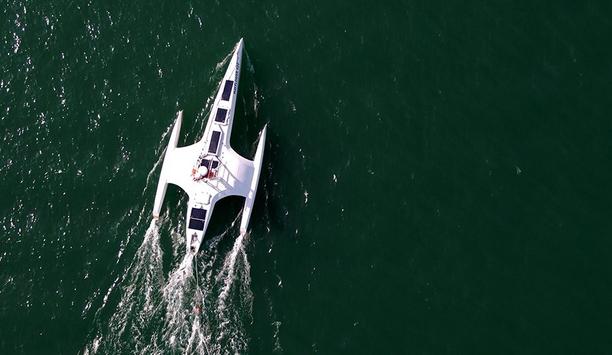Shipment of goods around the world has continued throughout COVID-19, but the pandemic has afforded unprecedented challenges to the maritime industry. When the pandemic necessitated health restrictions and limited international travel, the impact on crew change practices was monumental.
More than a million seafarers work in demanding conditions to support 80% of world trade. Crews were trapped on board vessels for months and months, unable to return home and extending their tours of duty indefinitely. Especially impacted were major crew change port countries in Asia where the majority of seafarers reside.
Protective health measures
Seafarers are facing extended tours of duty and high levels of fatigue that could lead to a serious accident
More than 18 months into the pandemic, the ongoing crew change crisis appears as intractable as the disease itself. Seafarers are facing extended tours of duty and high levels of fatigue that could lead to a serious accident. Thousands have been left stranded on ships beyond the terms of their contracts. If the crisis has an impact on safety, ships may be unable to continue operations, which could threaten the global supply chain.
The International Maritime Organization (IMO) has issued a Framework of Protocols for crew change, recently updated, including recommendations such as designating marine personnel as ‘key workers,’ exempting them from travel restrictions, simplifying requirements for identity documents and approvals, implementing screening procedures, and providing basic protective health measures against COVID-19.
Key maritime hubs
Recognising a shared responsibility to resolve the crew change crisis, more than 800 companies and organisations have signed the Neptune Declaration on Seafarer Wellbeing and Crew Change. The declaration’s action points include recognising seafarers as key workers, implementing ‘gold standard’ health protocols, and ensuring air connectivity between key maritime hubs for seafarers. The declaration also promotes more collaboration between ship operators and charterers to facilitate crew change.
The declaration’s action points include recognising seafarers as key workers
Data from the 10 largest ship managers reflects a 50% increase between May and July 2021 in the proportion of seafarers onboard vessels beyond their contract expiry. The fast-spreading Delta variant has aggravated the problem, and a report for July suggests the problem is getting worse. The Maritime Labour Convention says the maximum continuous period a seafarer should serve on board a vessel without leave is 11 months.
Crew change crisis
However, the number of seafarers aboard vessels beyond their contract expiry has risen recently from 5.8% to 8.8%. The International Transport Workers’ Federation (ITF) estimates that more than 300,000 seafarers have extended their working periods on board due to delay in connection of their relief.
Factors aggravating the crew change crisis include:
- There are many stakeholders with shared responsibilities that must be addressed. Collaboration and transparent sharing of information are needed to solve the problem. Working together is the only path to a solution.
- Lack of vaccine availability. Seafarers in developing countries do not have access to vaccines. Large seafarer nations such as the Philippines are reporting vaccine shortages. Priority access to vaccines is a critical factor in resolving the crew change crisis.
- Continuing high infection rates and domestic lockdowns. Given the Delta variant and other factors, it is clear the pandemic is far from over.
Supply chain demands
The crew change crisis has gone on for a year and a half, with the highest cost falling on seafarers, their health, and their families’ wellbeing.
The importance of maintaining the global supply chain demands that the industry, the biggest ports and the key shipping transit points around the globe work collectively to address the lingering challenges of the crew change crisis.
